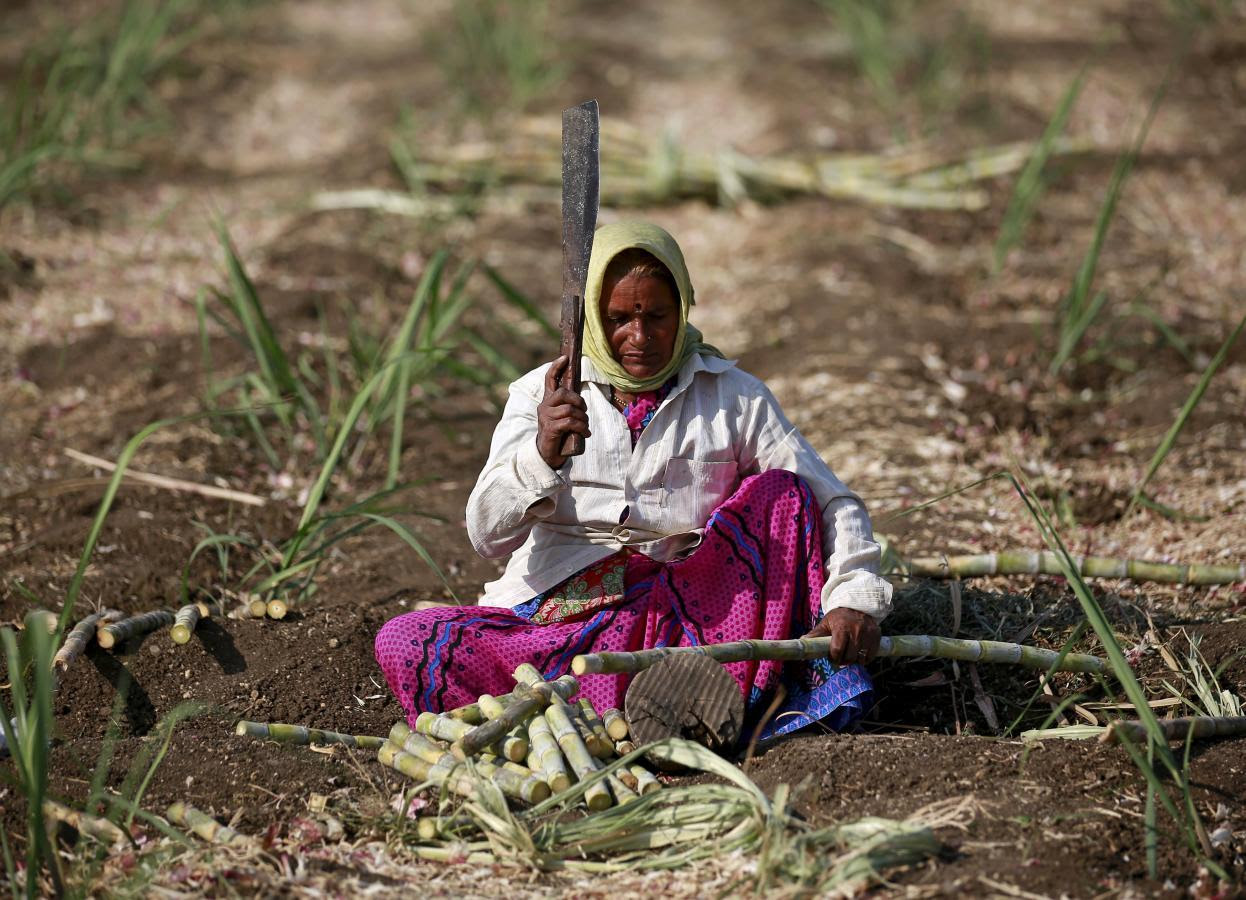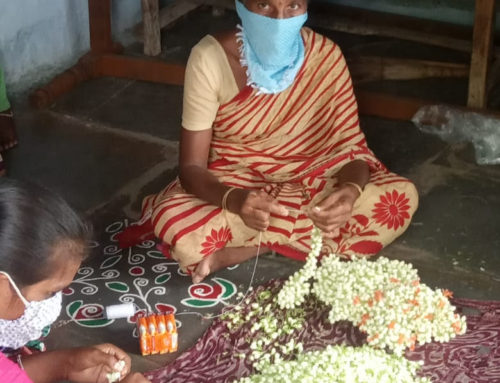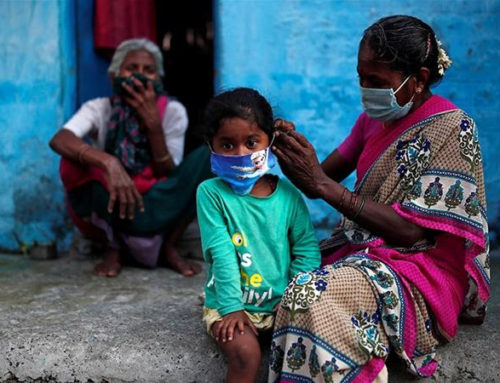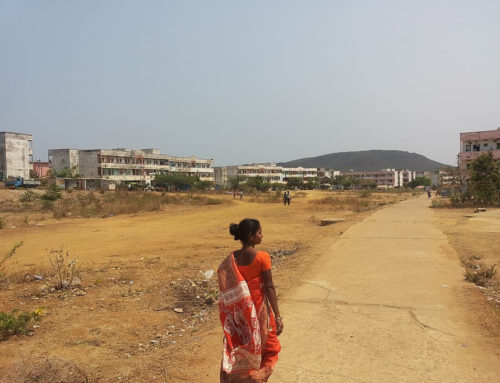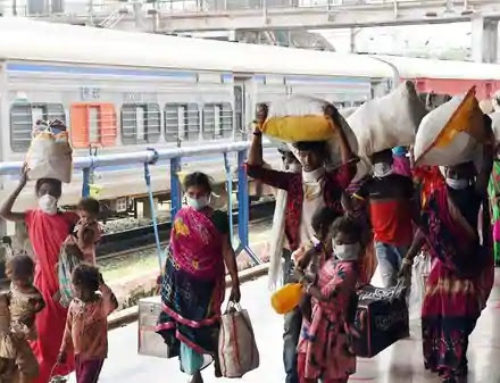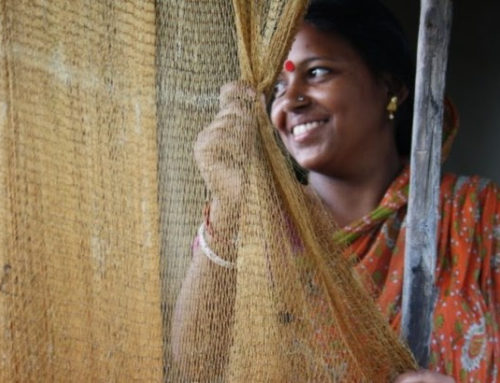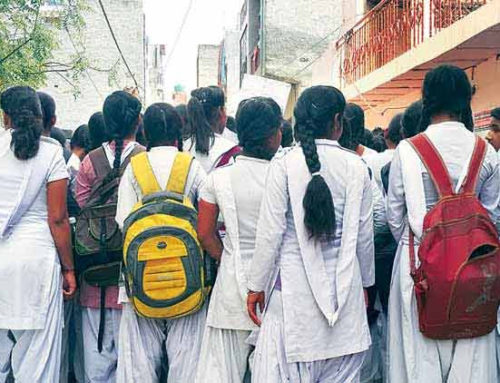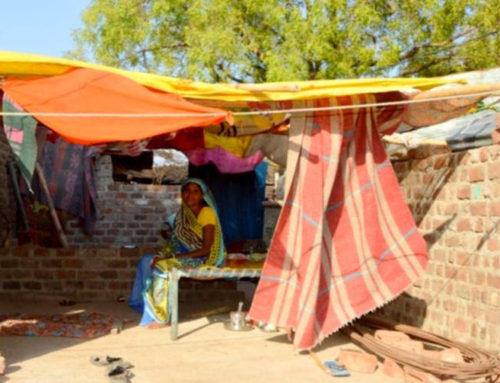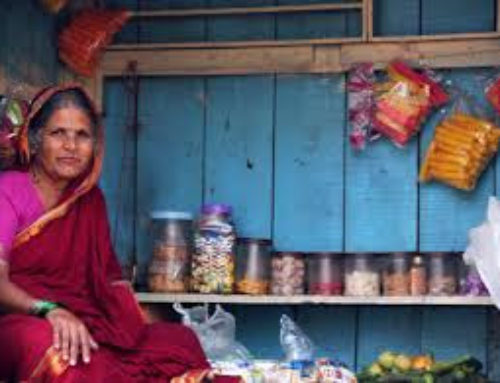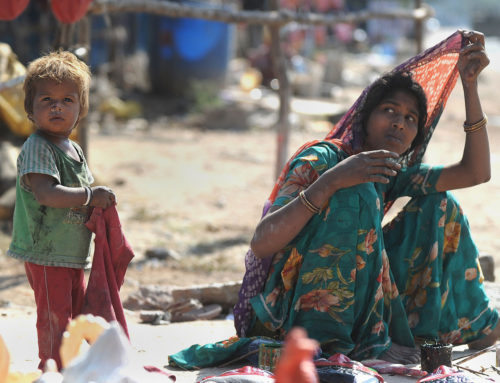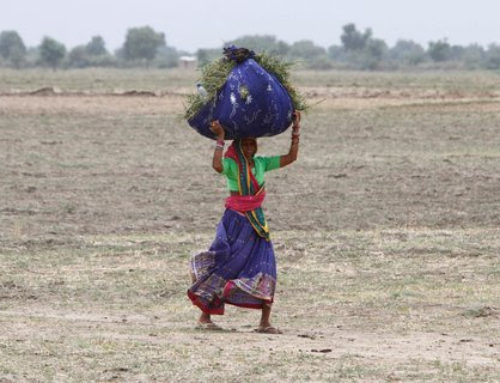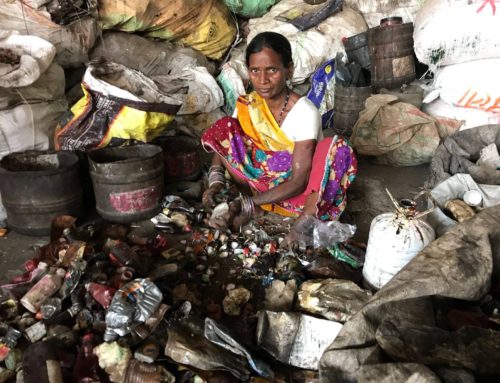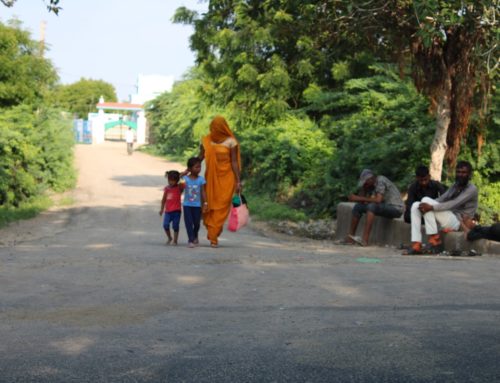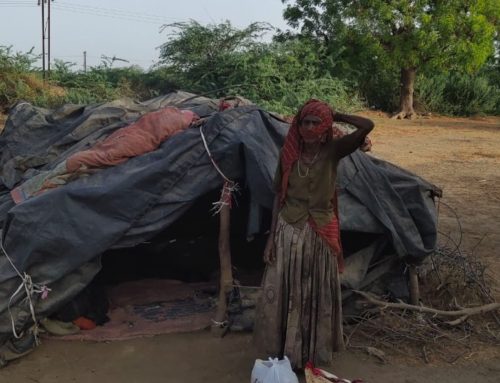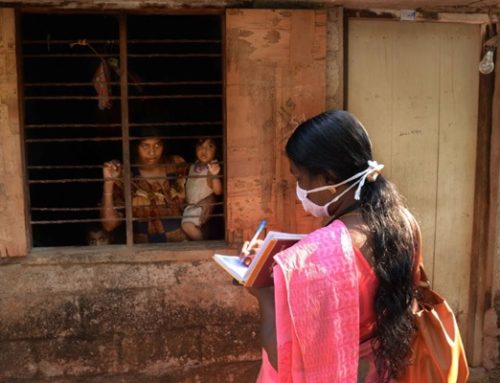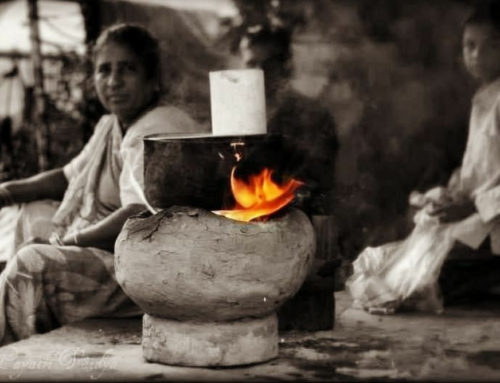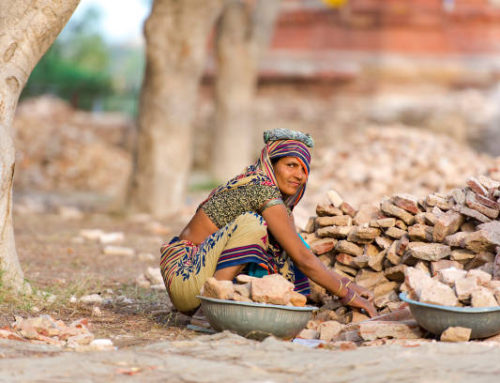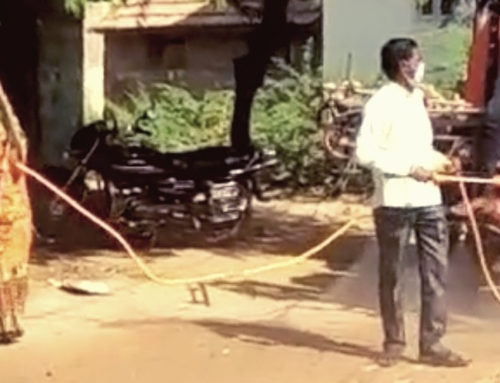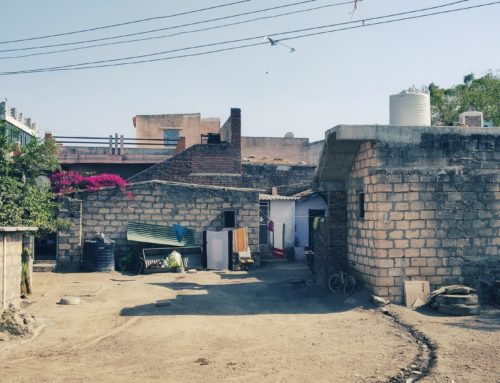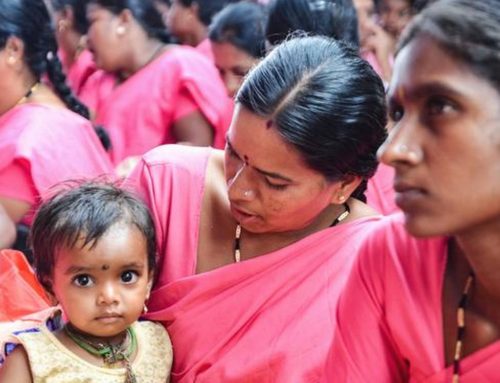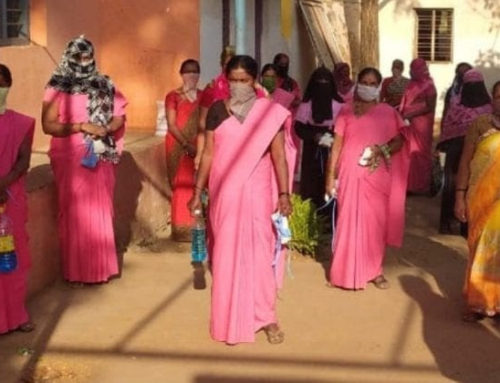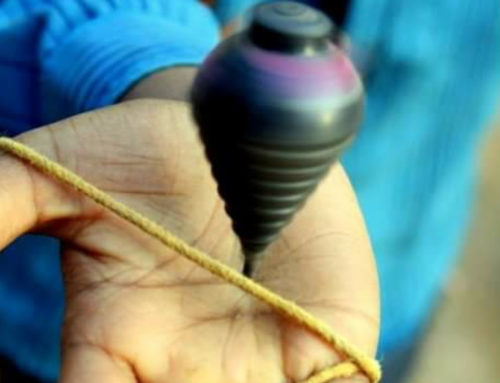Shardaben is from a village called Savlas in Patdi, Gujarat. Ten months before the lockdown, the 55 year old woman moved to Sanand – close to 70 kms away from her village – with her husband and son. They rented some land, built a makeshift home and started their little farming venture. Her son took a loan to buy a loading vehicle which the family used to make daily trips from Sanand to the Ahmedabad market – a 22 kms trip one way – to sell their vegetables. The family of three had a modest life built on their work as small scale farmers and vegetable vendors before the lockdown.
Shardaben’s troubles began from the end of March, though. Restrictions in movement prevented her from making her daily commute to the mandi in Ahmedabad, with her son. They also were not been able to sell their produce within Sanand because the markets were closed. The family tried to make their way back to their village, Savlas, in vain. They have been stuck here without a source of income for the last three months – having to shed money each month for the rent of the land nonetheless.They have also not been able to get ration for the last three months because their ration card is for their village, Savlas.
Shardaben was really troubled about her future and the future of her family. She says they cannot take loans for next farming season because they already have the ongoing loan of the loading truck. The constantly pouring in news of people dying of starvation has only added to her worries. Till a week ago, Shardaben almost froze thinking about the future because she saw no hope but with the lockdown opening up, the family has a few options.
Although there is transportation available, her village, Savlas, has declared a mandate to observe a 15 day self-isolation period on return from outside. Going back to the village, is hence out of the question for Shardaben because they cannot survive 15 days without work and they do not have the money to store up ration for that long a period either.
Shardaben, with a little hope in her voice, told us that with the lockdown and the markets opening, she plans to get a health card made for herself and try to sell vegetables in the local Sanand market to help the family get by. She still does not know how they can make enough to pay their loan and the rent just yet, but she said they are only starting out again and that has given her some relief from the uncertainty and indefiniteness of the situation.

